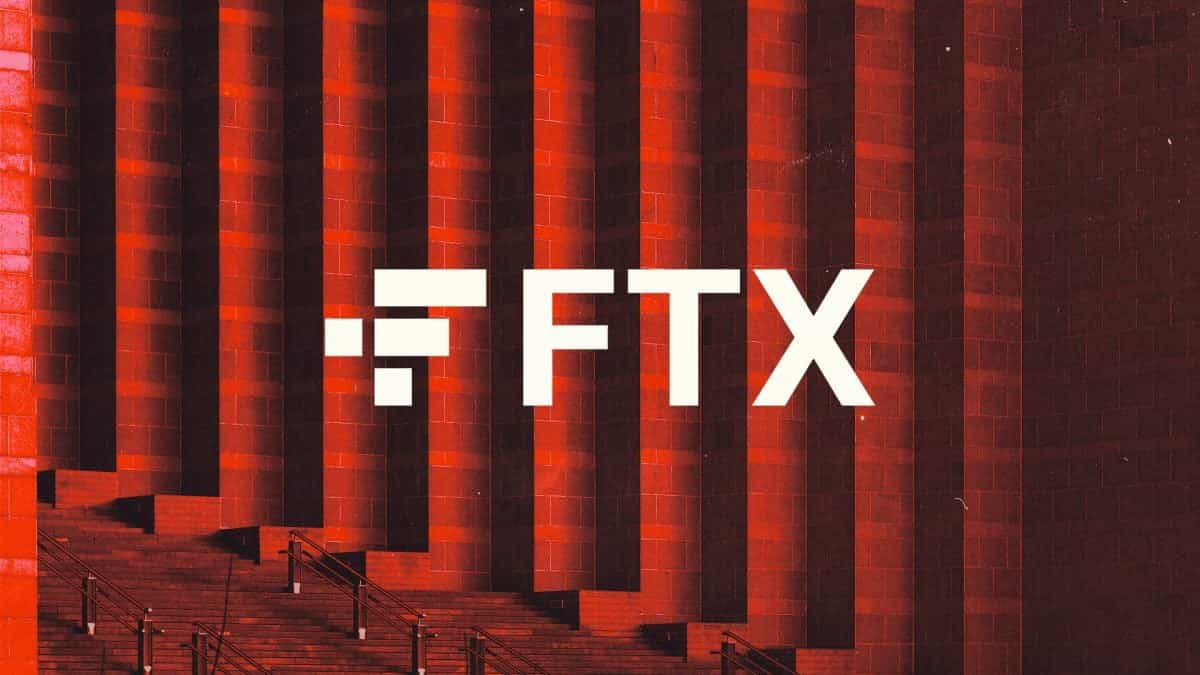Chinese creditors push back against FTX's motion to forfeit payouts in restricted jurisdictions
Quick Take A Chinese creditor representing a group of over 300 other creditors filed an objection to FTX’s latest motion that could allow it to relinquish claims in certain restricted regions. FTX has identified $800 million in creditor claims across 49 potentially restricted jurisdictions, with China accounting for 82%, according to The Block’s calculations based on an earlier filing.

A Chinese creditor of FTX has filed an objection to its latest motion that allows it to potentially forfeit creditor distributions in restricted jurisdictions.
The creditor, Weiwei Ji, submitted the objection to the Delaware Bankruptcy Court on behalf of over 300 Chinese FTX creditors, according to the filing. Despite being a tax resident of Singapore, Ji said he was categorized as a Chinese creditor by FTX due to his Chinese passport.
"My family holds four KYC-verified FTX accounts with aggregate claims exceeding $15 million," Ji said. "We have fully complied with every procedural requirement under the plan. The proposed motion now jeopardizes our right to distribution in an arbitrary and inequitable manner."
Ji's objection comes less than a week after the FTX Recovery Trust filed its latest motion to assess creditor claims in 49 potentially restricted jurisdictions, including China, Russia and Pakistan.
The motion suggests FTX engage local legal experts to assess the feasibility of compliant distributions within each jurisdiction. If compliance proves unfeasible in a particular region, FTX would designate it as restricted. While creditors could object to such designations, any unchallenged or overruled restrictions would allow FTX to relinquish claims in those regions and redirect them to the trust for reallocation.
The claims in the 49 jurisdictions total around $800 million, with China accounting for 82% of the value in potentially restricted regions, according to The Block's calculations based on an earlier filing.
"This motion to designate China as a 'restricted jurisdiction' is unsupported by either fact or law," Ji wrote.
Ji said that FTX claims, denominated in U.S. Dollars, could be lawfully distributed to Chinese creditors through established channels like Hong Kong-based accounts, as demonstrated in the Celsius Network case .
The filing added that crypto is recognized as legal property in China, and supported by progressive regulations in Hong Kong.
"Distributing claims to Chinese creditors poses no legal risk to the Trustee or its agents and constitutes a required step under the bankruptcy process," Ji said. "I respectfully urge the court to reject any designation that would exclude Chinese creditors from distributions."
Disclaimer: The content of this article solely reflects the author's opinion and does not represent the platform in any capacity. This article is not intended to serve as a reference for making investment decisions.
You may also like
From "whoever pays gets it" to "only the right people get it": The next generation of Launchpads needs a reshuffle
The next-generation Launchpad may help address the issue of community activation in the cryptocurrency sector, a problem that airdrops have consistently failed to solve.

After bitcoin returns to $90,000, is Christmas or a Christmas crash coming next?
This Thanksgiving, we are grateful for bitcoin returning to $90,000.

Bitcoin security reaches a historic high, but miner revenue drops to a historic low. Where will mining companies find new sources of income?
The current paradox of the Bitcoin network is particularly striking: while the protocol layer has never been more secure due to high hash power, the underlying mining industry is facing pressure from capital liquidation and consolidation.

